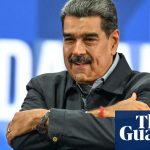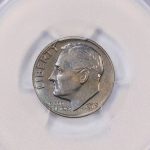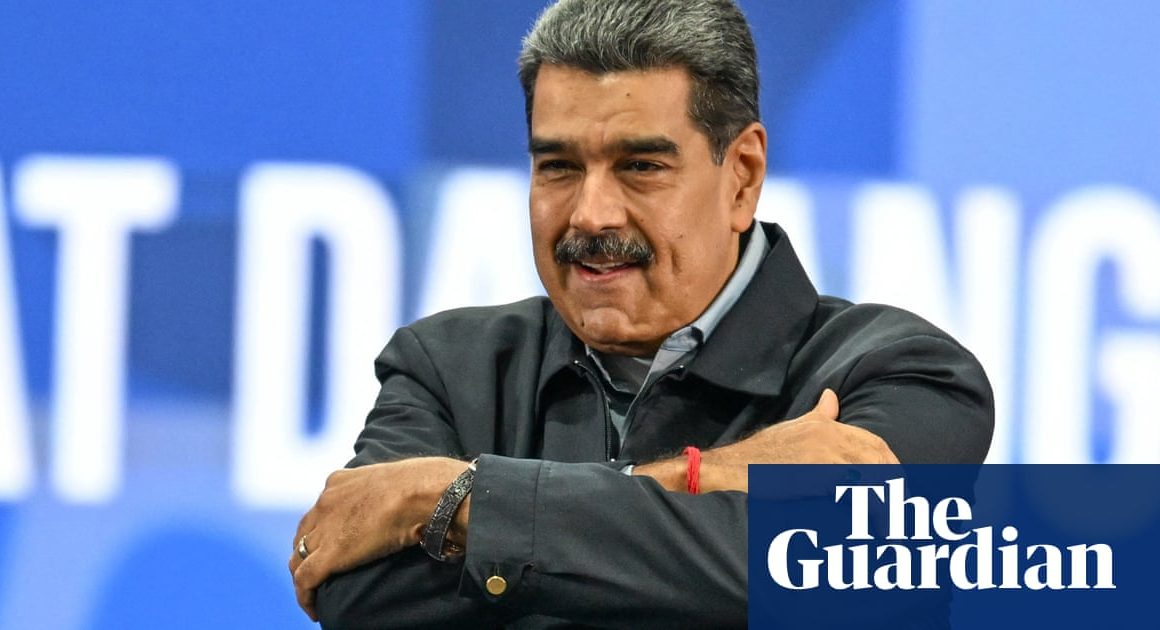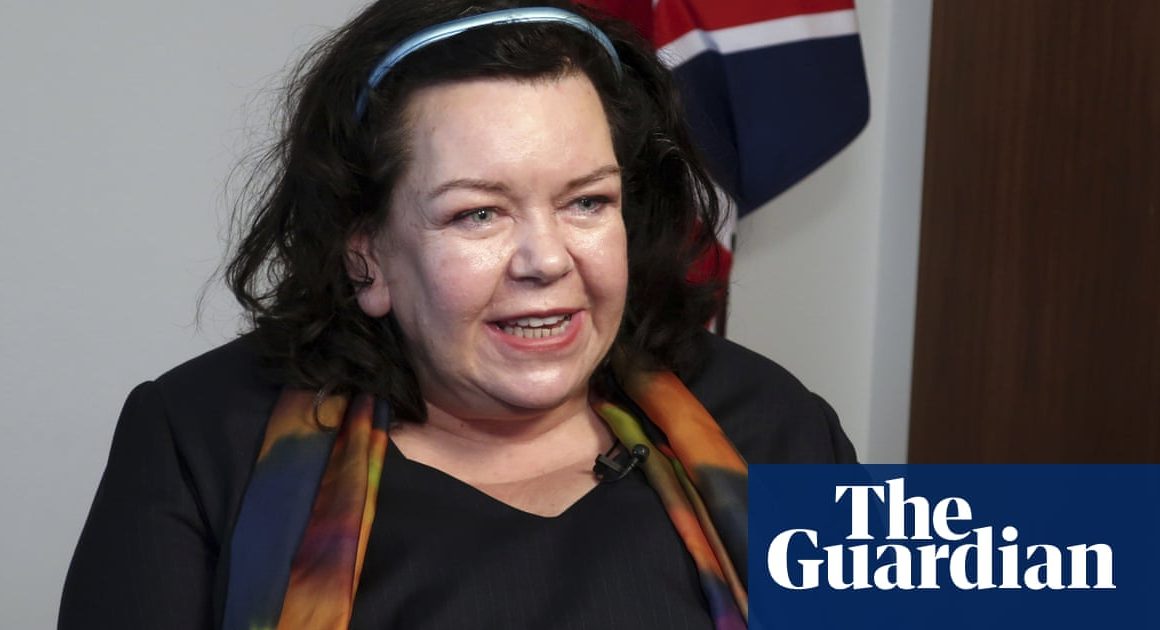Alberto Fujimori, Peru’s former strongman leader throughout the 1990s and the country’s most divisive leader, has died aged 86, just 10 months after he was granted a pardon and freed from jail.
The ex-president died at the home of his daughter and political heiress Keiko Fujimori in the Peruvian capital Lima on Wednesday evening.
“After a long battle with cancer, our father, Alberto Fujimori, has just left to meet the Lord. We ask those who loved him to accompany us with a prayer for the eternal rest of his soul,” his daughter Keiko posted on X, adding her name and those of her three siblings; Hiro and Sachie and Kenji.
Fujimori, who governed Peru from 1990 to 2000, remains a highly divisive figure in Peru. The former agronomist of Japanese heritage inspired unquestioning loyalty from his followers – despite being jailed for corruption and human rights crimes – and opprobrium from his detractors for his iron-fisted decade in power.
His autocratic leadership in the 1990s left an enduring legacy which continues to shape politics in Peru to this day, as his daughter Keiko – a three-time presidential candidate – leads a right-wing populist political movement.
His supporters credit him with stamping out the Maoist Shining Path movement and putting the economy back on track after rampant hyperinflation. Many others believe he ruled as an iron-fisted dictator during his decade in power, which was marked by widespread human rights abuses and rampant corruption.
In 2009, Fujimori was convicted of kidnapping and murder and sentenced to 25 years in what was described as a landmark ruling for human rights cases in Latin America.
He was released from prison in December 2023 after Peru’s constitutional court ruled he should be granted a humanitarian pardon, even though the inter-American court of human rights asked the Peruvian state to “refrain from executing the order”.











